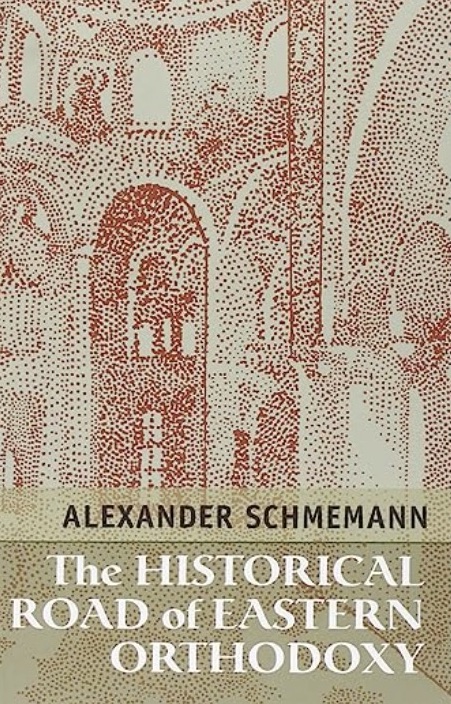Alexander Schmemann, of blessed memory, wrote a concise history of Eastern Orthodoxy that deserves to be more widely read, particularly by Eastern Catholics. Here is the foreword to ‘The Historical Road to Eastern Orthodoxy’:

This book is not a scholarly investigation into the history of the Orthodox Church nor a mere manual. It is a reflection on the long historical pilgrimage of Orthodoxy, an attempt to discern in our past that which is essential and permanent and that which is secondary, mere past. I have always been amazed by the absence within the Orthodox Church of historical reflection aimed at the whole Church, at the Church as a totality. Our historical memory seems to be fragmented into local and national memories, just as — alas — is our Church life itself. Yet without restoration of a common and truly “catholic” memory, without a common understanding of our common past, we shall not recover that catholicity, that universality of Orthodox life and experience which we confess and proclaim to be the very essence of our Tradition.
Written at first in Russian and for Orthodox readers, the book may also serve as a general introduction to the Orthodox Church and her history for Western Christians. The twentieth century has witnessed a rediscovery of the Christian East by the Christian West. Today few people in the West would say, in the words of Harnack, that ‘the Orthodox Church is in her entire structure alien to the Gospel and represents a perversion of the Christian religion, its reduction to the level of pagan antiquity….’ On the contrary, Western Christians are seeking and often find in her spiritual and theological tradition, her religious art and her liturgy, the forgotten elements of their own background–forgotten standards, now recognized as necessary, for the measurement of Christianity. Nevertheless, despite the encounter of these two religious realms and the ever deepening intercourse between them, and in spite of the recognition by all Christians of their common destiny in the contemporary world, knowledge–and therefore also understanding of Orthodoxy–is still far for complete in the West. Our past has not yet been integrated into Western “memory.” To the majority of Western Christians, Orthodoxy is still marginal, exotic, oriental.
It is my sincere hope that in reading this book Western Christians may realize that our past is also their past, or rather our common past, that essential “term of reference” without which no mutual understanding is possible. As the “Eastern” isolation of Orthodoxy is coming to an end, as it becomes more and more implanted in the West, it becomes urgent that its history be known and understood. The present always depends on the degree to which we have “digested” the past, it is my hope that is book may be of some help in this essential process.
Alexander Schmemann, July 1977
